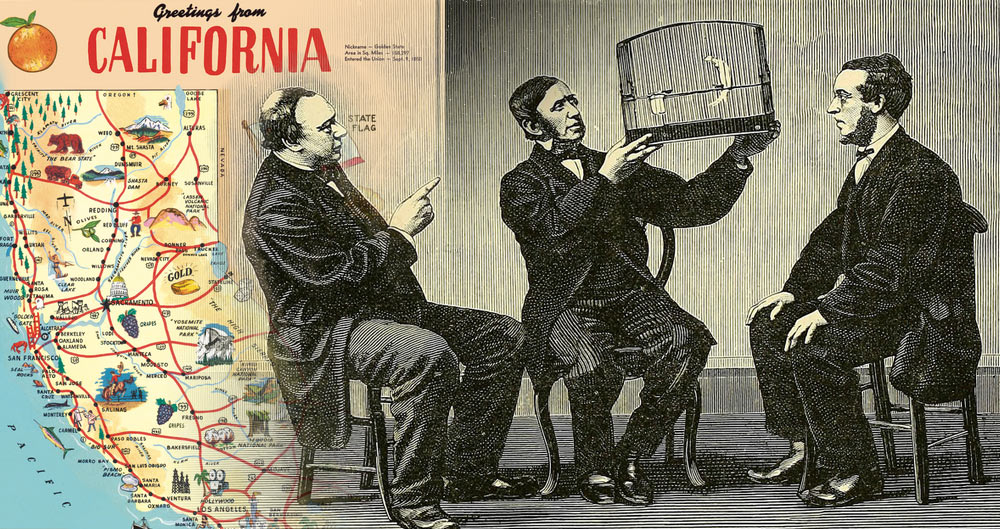Last week, Maryland’s Legislature enacted an $8.5 billion package of tax breaks and infrastructure improvements to lure Amazon into building its second corporate headquarters in Montgomery County, Maryland, bordering Washington, D.C.
State Senator Roger Manno, the only legislator from the county to vote against the subsidy, dubbed it “a $5 billion tax break for the richest man in the world.…”*
Today, the Montgomery County Council will consider a further proposal to streamline its zoning process, cutting in half the time the county takes to review a proposed development.
“We are trying to make sure our processes are consistent with everybody else,” County Executive Ike Leggett explained, adding that the county now “sometimes takes 100 to 120 days, while many other jurisdictions are much less than that.”
Did Leggett say “consistent with everybody else”? Well, the new zoning rules won’t apply to every business, just those planning to hire 25,000 workers. Or more.
“It’s neutral to the employer,” County Council President Hans Riemer slyly suggested. “It’s a proposal that would allow any really large employer to come in and build under certain terms.”
But only Amazon would be large enough.
“Really what it does is it creates predictability, reliability,” offered Riemer. But wouldn’t every other business also benefit from “predictability” and “reliability”?
“I think the Amazon proposal made the county realize … that it needed to look at some of its practices and where it has been criticized,” noted Bob Buchanan, chairman of the Montgomery County Economic Development Corporation. “We were more process versus results.”
And the county intends to remain that way … for “every” current business.
This is Common Sense. I’m Paul Jacob.
* He was referring, of course, to Amazon founder and owner of the Washington Post, Jeff Bezos.



















